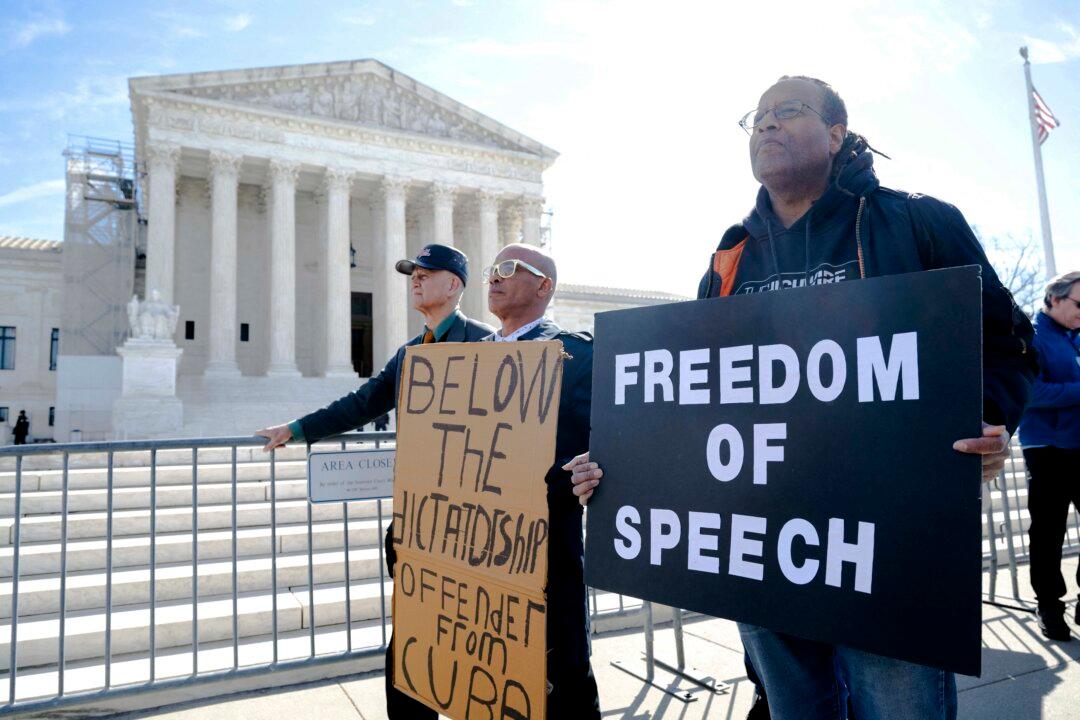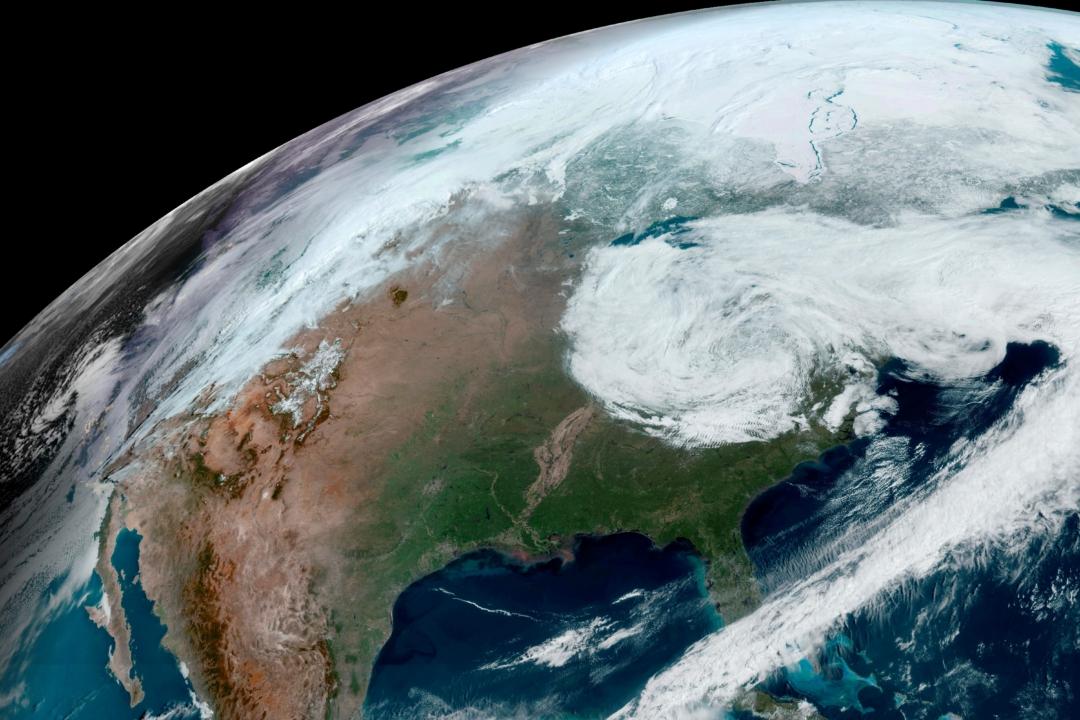In 2012, Colorado and Washington became the first two states to legalize nonmedical marijuana for adults over the age of 21. Since then, 22 states have followed suit.
In November, the Journal of the American Academy of Child and Adolescent Psychiatry published a study that found the legalization of cannabis had “shifted societal beliefs throughout the United States,” resulting in a 13 percent increase in past-month marijuana use for youth aged 12 to 17.





